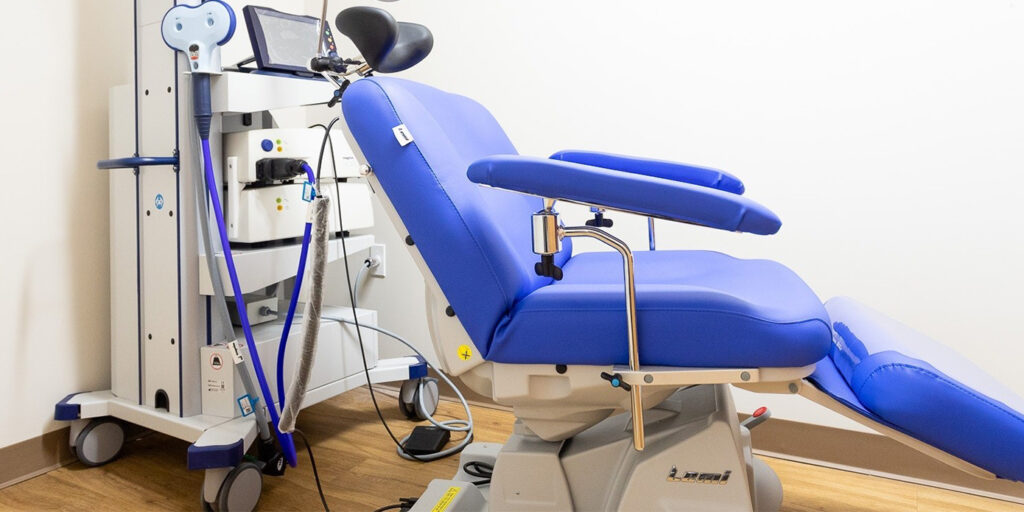
Is Depression Curable? What You Should Know
There’s no cure for depression, but there are many effective treatments. People may recover from depression and live healthy lives. Here is some information on whether depression can be cured.
Major Depressive Disorder
Most experience low moods and dark, morbid thoughts, but Major Depressive Disorder is more serious. Upon your experience of lingering sorrow and disinterest in life as well as hobbies or older habitual activities over an extended time of a minimal period of two weeks or encountering escalated suicidal thoughts, you might be suffering from Major Depressive Disorder. It is highly treatable, however.
Treatment Options
Major depression is treated with medication, therapy, or all these. Remember that treatment plans are distinct for all based on the kind of depression and degree of the condition.
Medication
There are multiple forms of antidepressant medicines for treating major depression by helping to improve the way a person’s brain regulates their moods or degrees of stress. These medications can need a minimum of four weeks to take effect fully. People might see that their sleep, appetite, or concentration problems get better before their mood improves.
Therapy
Talking frequently to some professional therapists, like a psychiatrist or a psychologist, may enable patients to identify the causes that trigger their depression, substitute negative behaviors with positive ones, cope well with stress, meet all goals, and adhere to their medical treatments.
What You Can Do
The positive lifestyle practices, accompanied by professional therapy, may enable you to manage the symptoms of major depression:
Focus on Self-Care
Reduce stress with exercises like meditation or yoga. Eat healthily, exercise regularly, and attain adequate rest. Many adults require 7-9 hours of sleep every night. Abstain from using alcohol and recreational drugs, which can aggregate symptoms and render depression challenging to treat.
Set Small, Achievable Goals
Build realistic goals for developing confidence or motivation for each day.
Educate Family and Friends about Major Depression
These can assist you with observing warning signs that your depression might return.
Treating Depression With Fish Oil
- Prevents anxiety. A 2013 report stated that fish oil intake might cure stress symptoms.
- Reduced depressive symptoms. Fish Oil Supplements are reported to cut down the symptoms of acute depression in youth.
Creating A Support System
Isolation remains the leading cause of depression among seniors. Providing your loved ones with the fullest extent of your time or attention that you can prove to assist them greatly. Collaborating with them, organizing a community network of close kin and friends whose companionship they seek. Plan a regular schedule that allows them to connect with the community with frequently planned visits.
Consider organizing trips for them to travel out with you to fetch the children from class thrice per week or motivate them to communicate with friends or visit contacts. Alternatively, enroll them in a Social Day program. Though they could lack the drive to organize these visits independently, by enlisting your assistance, they could begin to fight off isolation to connect with the community.
Remember that research resources are available online to assist your loved one in discussing with others without departing from your residence. The Friendship Line remains the sole crisis helpline in the United States for mature elders over 60 years of age and for adults living with disabilities. Whereas the line is listed as a suicide prevention line, it may alternatively function as a “soft line,” implying elders looking for the company may dial in to converse with a trained volunteer that specializes in holding an intimate, honest conversation with older adults that might experience depression.










